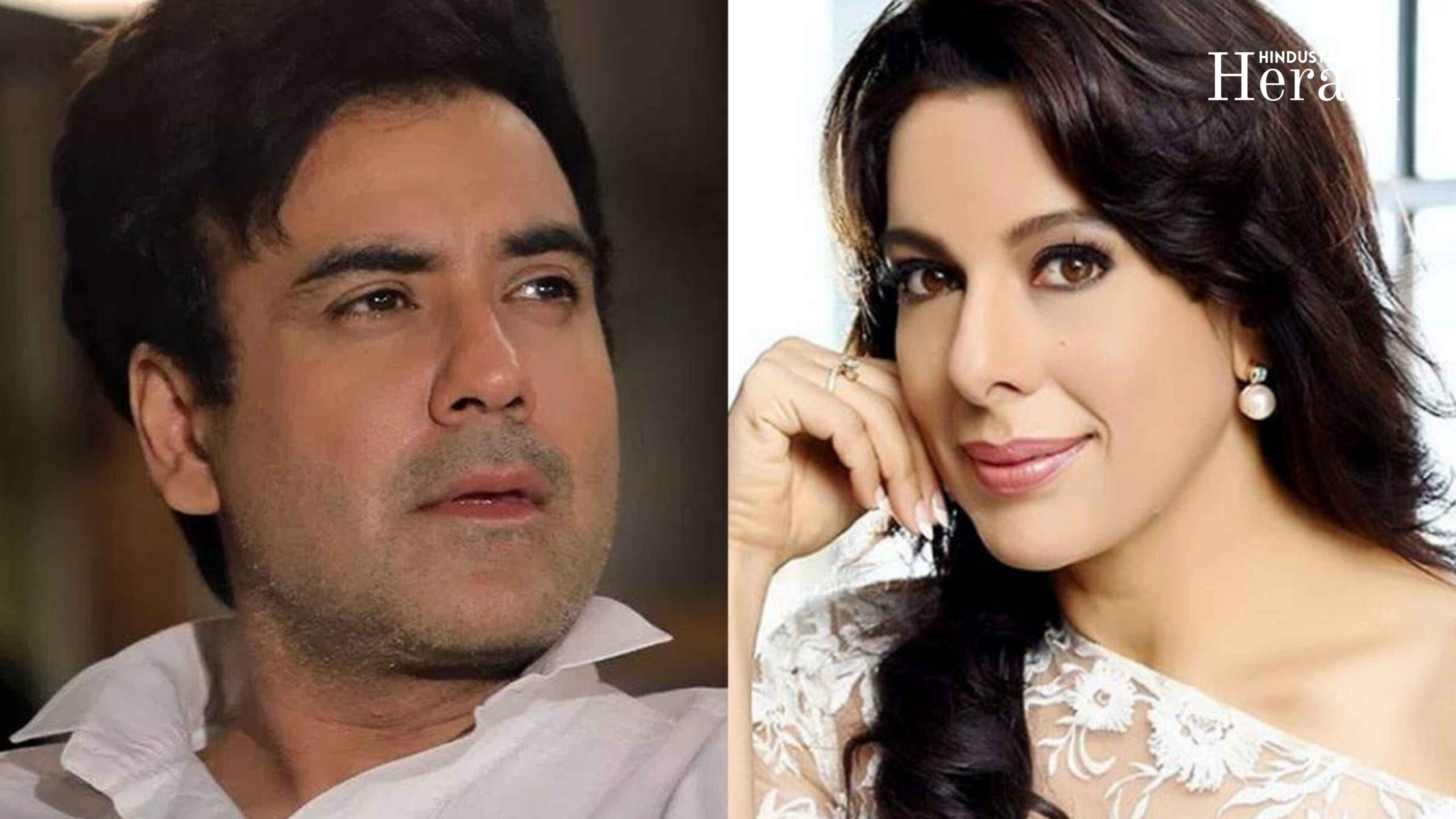Mumbai Court Refuses to Halt Proceedings Against Pooja Bedi, Others for Alleged Identity Disclosure in Karan Oberoi Case

Table of Contents
Mumbai | April 8, 2025:
In a crucial legal development, a Mumbai sessions court has rejected a plea to stay proceedings against actress Pooja Bedi and seven others in connection with the alleged unlawful disclosure of a rape survivor’s identity in the high-profile Karan Oberoi rape case dating back to 2019.
The court’s decision clears the way for the trial to move forward, reinforcing the legal sanctity of Section 228A of the Indian Penal Code (IPC), which expressly prohibits revealing the identity of sexual assault victims.
The Controversial Press Conference
The charges stem from a press conference held shortly after the initial rape allegations were filed against actor and musician Karan Oberoi. The conference was reportedly attended by several celebrities and personalities—Anveshi Jain, Chaitanya Bhosle, Varkay Patani, Gurbani Oberoi, Sherrin Verghase, actor Sudhanshu Pandey, and advocate Dinesh Tiwari, alongside Pooja Bedi—who allegedly revealed sensitive information linked to the complainant’s identity.
According to the Metropolitan Magistrate Court in Andheri, which initiated the proceedings, the disclosure—whether direct or implied—constitutes a potential breach of Section 228A IPC, a law enacted to protect the privacy and dignity of sexual assault survivors.
Court Upholds Allegations of Common Intention
In its order, the Mumbai sessions court clarified that even if only one individual among the group disclosed the victim’s identity, the doctrine of common intention could render all participants equally liable.
“There is sufficient material against the group to suggest that, in furtherance of common intention, they disclosed the identity of the victim/complainant,” the court noted, as per the Free Press Journal.
The applicants’ claim that there was no ‘mens rea’ (criminal intent) to reveal the identity, and that the allegations were too general, were rejected as premature defences. The court ruled that these points could only be considered during the full trial proceedings.
Section 228A IPC: A Legal Safeguard
Section 228A of the IPC was introduced to criminalize the disclosure of the identity of victims of certain offences, including rape, without the written permission of the victim or the court. It applies not only to media publications but also to any form of public dissemination, including press conferences, interviews, or online platforms.
Violating this section can result in imprisonment of up to two years and a fine.
Background: The Karan Oberoi Case
In 2019, actor Karan Oberoi was arrested on charges of rape and extortion, following a complaint filed by a woman who accused him of sexually assaulting her under the pretext of marriage. Oberoi spent over 30 days in judicial custody before being granted bail. The case took a dramatic turn when the complainant herself was arrested for staging an attack on herself to falsely implicate Oberoi further.
While the case remains contentious, the new proceedings shift focus from the rape allegation to a potential violation of victim protection laws, with celebrity involvement adding a layer of public scrutiny.
Next Steps: Trial to Proceed
With the sessions court dismissing the plea for a stay, the trial against Pooja Bedi and the seven co-accused will now proceed in the Andheri magistrate court. Legal experts suggest that the case could set an important precedent regarding celebrity conduct in sensitive legal matters and the responsibility of public figures in upholding privacy laws.
No date has been confirmed for the next hearing, but all accused will be required to appear before the court unless exempted.
The Hindustan Herald Is Your Source For The Latest In Business, Entertainment, Lifestyle, Breaking News, And Other News. Please Follow Us On Facebook, Instagram, Twitter, And LinkedIn To Receive Instantaneous Updates. Also Don’t Forget To Subscribe Our Telegram Channel @hindustanherald









